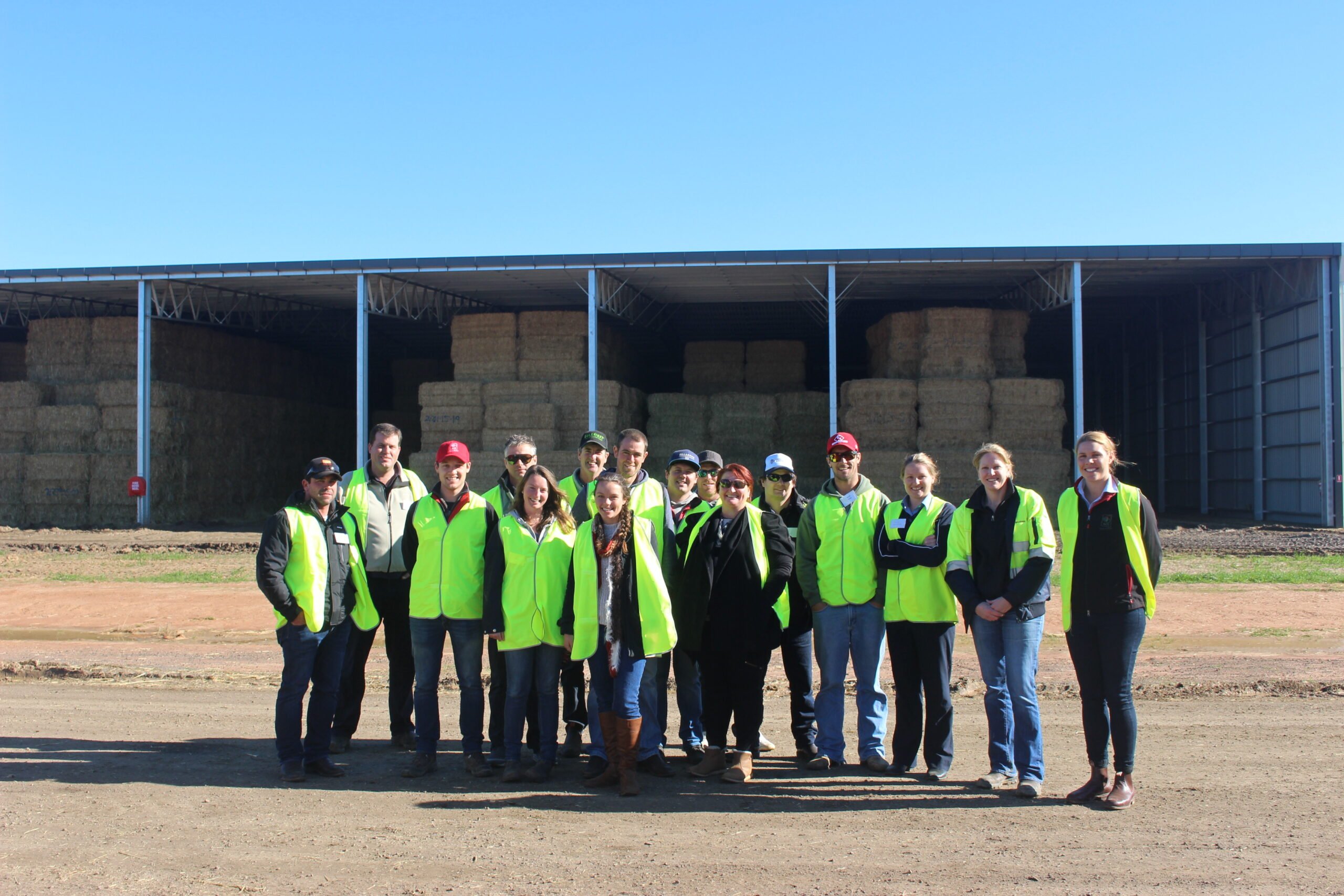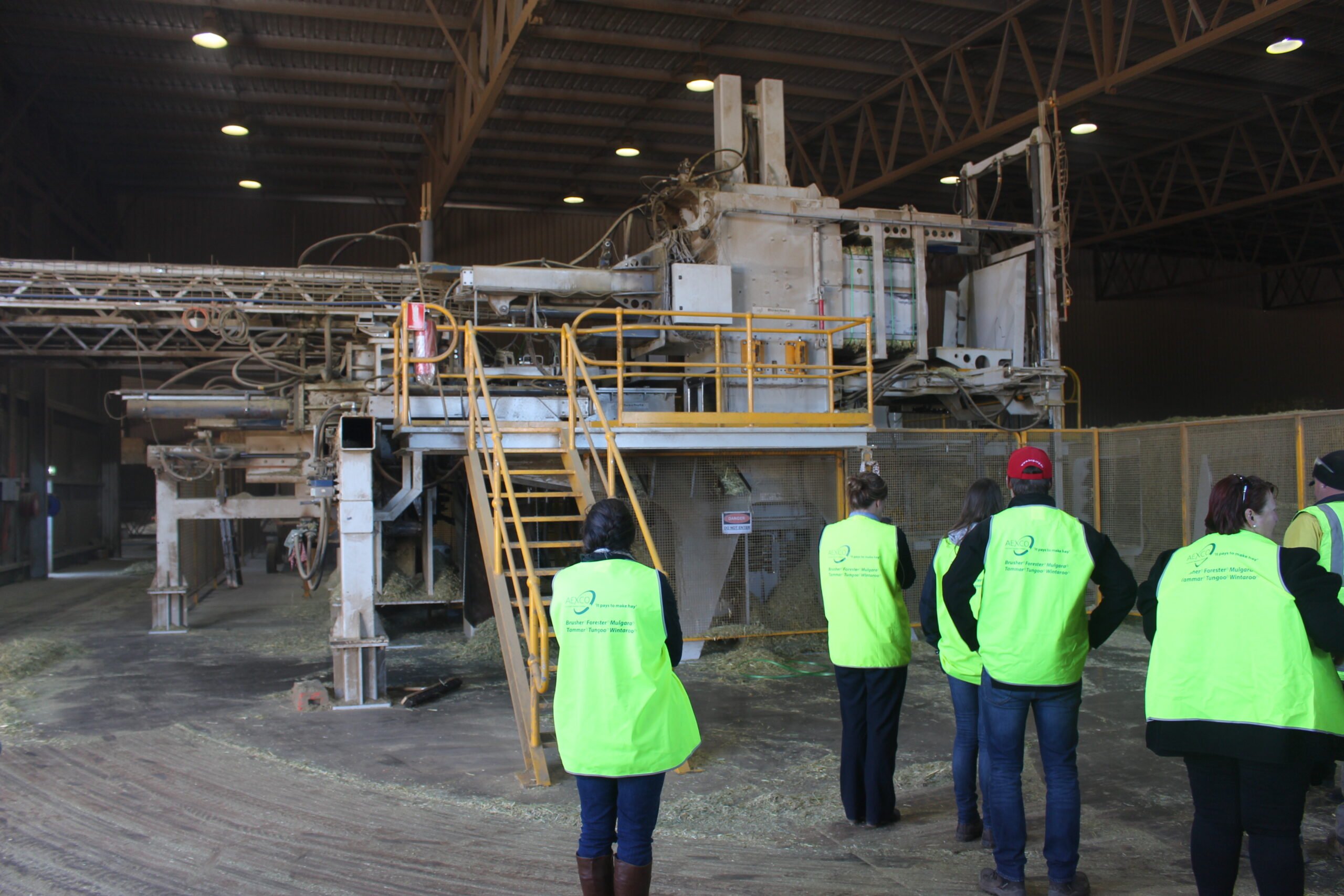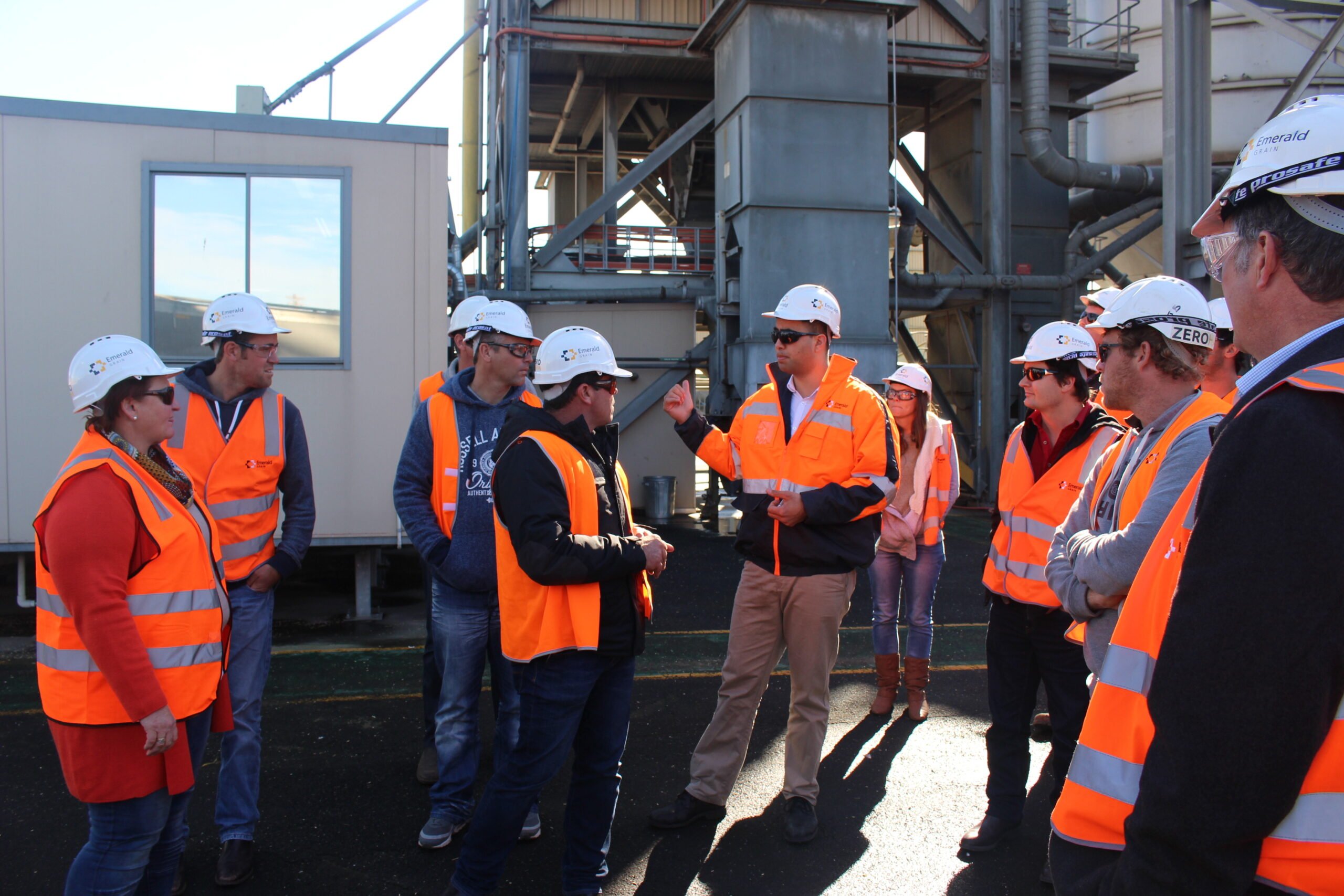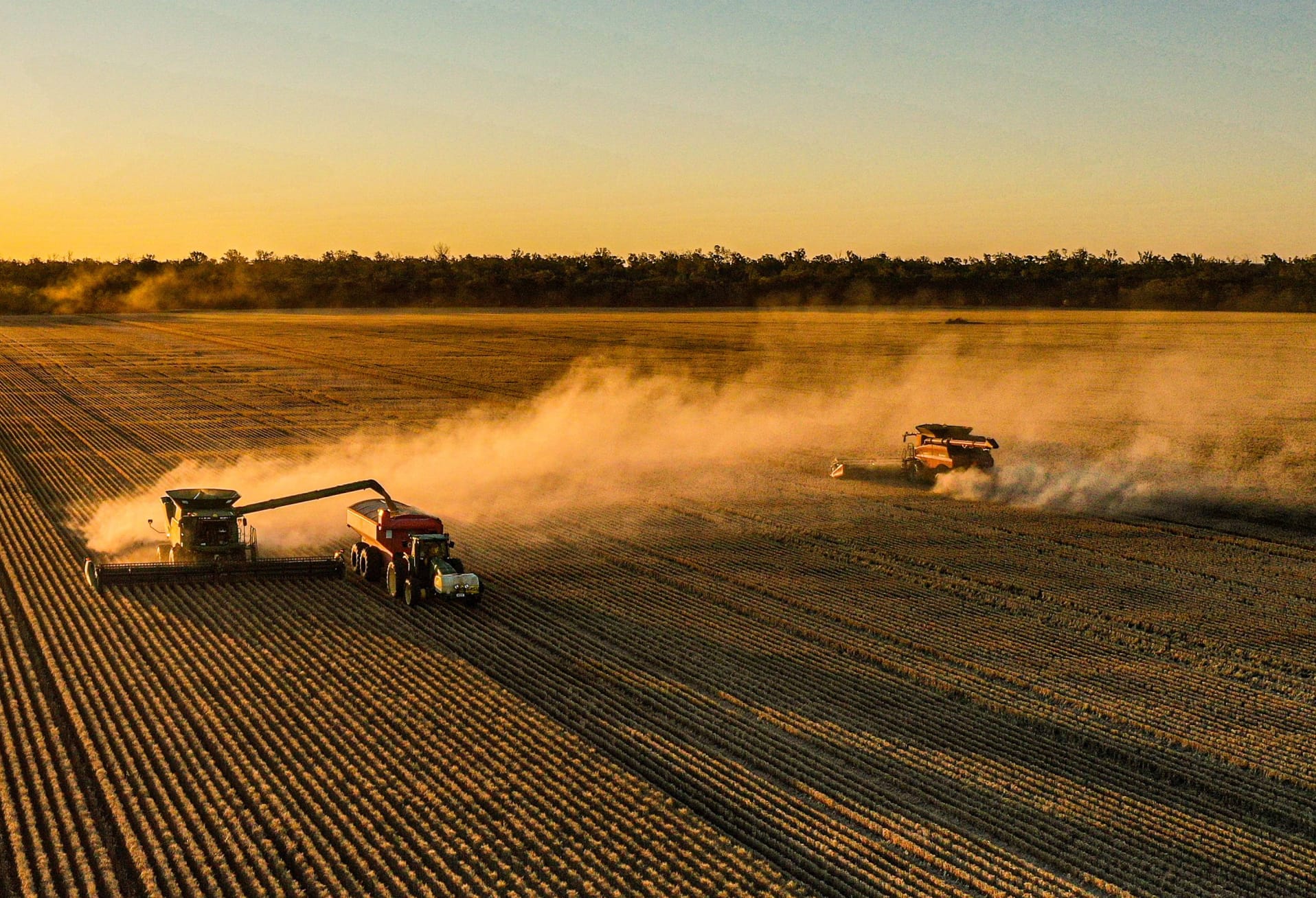Young Wimmera and Mallee grain growers followed the supply chain trail from their farms to the Port of Melbourne on August 4 to 5 as part of a farmer trip delivered through the GAPP (growth, adoption, production, profitability) initiative.
The 11 participants, who were representatives of one of seven GAPP groups established by BCG across the Wimmera and Mallee, thoroughly enjoyed the two day experience which they said gave them a better understanding of what happens to their produce after it leaves the farm.
As well as the Port of Melbourne, the group visited Hay Australia production facility at Bridgewater, Latrobe University AgriBio Centre, Cargill crushing plant, Emerald Grain and Barrett Burston malting company.
There was also time for networking, farmer-to-farmer learning and socialising with dinner and an overnight stay in Melbourne’s CBD.
GAPP group co-ordinator Linda Walters said the aim of the tour was to build growers’ understanding about what happens post farm gate by providing insights into agricultural supply chains, logistics and research and development.
“But importantly, it also offered young growers a chance to mix with farmers from other regions, build networks and learn from one another’s experiences,” she said.
“Farming can often be a lonely occupation, so it was great to be able to provide growers with the chance to connect with others who are facing the same day to day joys and challenges that come with their chosen career.”
One of the highlights of the trip was a visit to Hay Australia.

The export hay business, based at Bridgewater, exports 70,000 tonne of hay every year, of which 90 per cent is oaten hay. Japan and Korea are the main markets.
Growers were interested to discover how stringent traceability was, with every grower and every paddock having its own identification number.
The group also toured of the facilities at Latrobe University AgriBio Centre, and attended presentations by VFF, ADM and Bayer Cropscience.
While the city-based laboratories felt a world away from their Wimmera and Mallee paddocks, the farmers were impressed by all the technology that is used in plant breeding and disease research.
“I’m looking forward to seeing future developments and how these applications will filter down to farm and grain trade level,” said one of the farmers.
After an enjoyable evening, which included cold beers and delicious food, day two of the trip commenced with a visit to the Cargill canola crushing plant at Footscray, where growers discovered how their oilseeds were processed.
On average 500 tonne of oilseeds are crushed at the plant daily. The group was surprised by the number steps involved in extracting canola oil, including the rigorous quality tests the grain undergoes.
Emerald Grain, which is located at the Port of Melbourne, is a ‘just-in-time’ business with grain held on-site for a maximum of three days before being loaded onto ships, as a bulk or in containers.
The farmers were amazed by the scale of storage facilities (40,000 tonne of grain) and found the talks on quality and traceability enlightening.
A tour of the Port of Melbourne was a real eye-opener with the group hearing about the logistics of moving 2.6 million containers annually. Of these 70 per cent is imported goods and 30 per cent exported goods, comprising mainly of agricultural products.
Barrett Burston Malting Co., a 100-year old malthouse, was the final stop on the trip. Here growers gained an understanding of the barley malting process.
The company processes batches of 75t of barley and produces malt in a very old-fashioned way compared to modern plants. Nevertheless, the malt produced meets criteria required by brewers to produce quality beer. Input quality (barley, water) is very important in the transformation processes.
The growers who attended the GAPP supply chain trip said they thoroughly enjoyed the experience and gained valuable insight into post farm gate processes which they will share with the other members of their local GAPP groups.
The GAPP initiative is a joint project being facilitated by BCG in partnership with Agriculture Victoria. Discussion groups at Birchip (Southern Mallee), Hopetoun, Manangatang, Rupanyup, Nhill (West Wimmera) and Quambatook, and a Women’s group (also based at Birchip) meet regularly to take paddock walks and to hear from agricultural, climate, agronomic and business specialists to build their skills and knowledge.
The initiative, together with Bayer Cropscience, ADM and Rural Bank/Rural Finance, supported farmers who participated in the trip.
Rural Bank/Rural Finance funded two female participants to attend – Samantha Mitchell from Watchupga and Catie Weidemann from Rupanyup. Rural Bank/Rural Finance agribusiness relationship assistant Sheree Henderson, who is a GAPP member, also attended the trip.
Rural Bank/Rural Finance regional manager Greg Kuchel said Rural Finance had partnered with BCG to provide career development, leadership and networking opportunities for young women working in agriculture.
Anyone interested in becoming a GAPP member should phone BCG on (03) 5492 2787.













